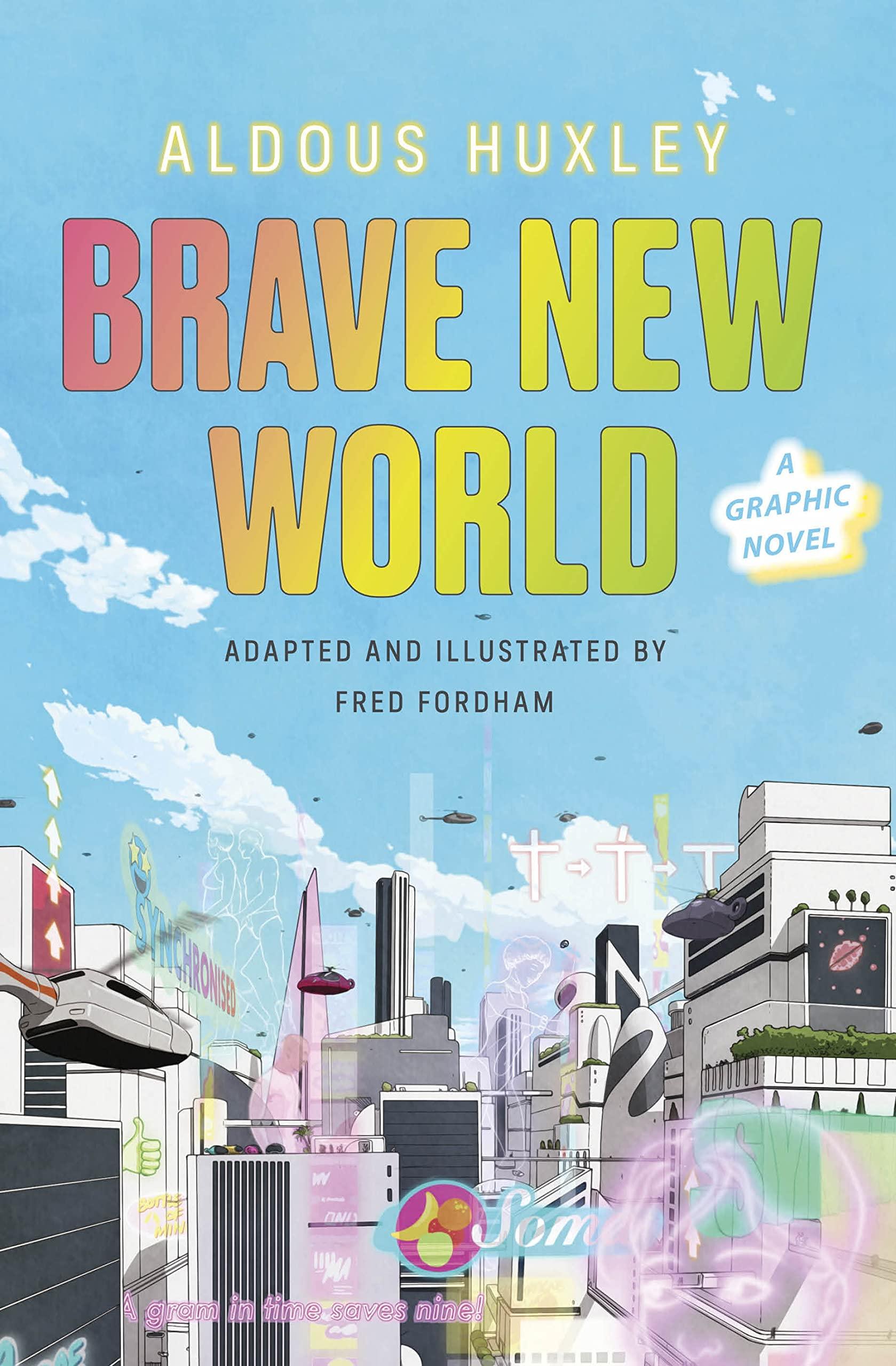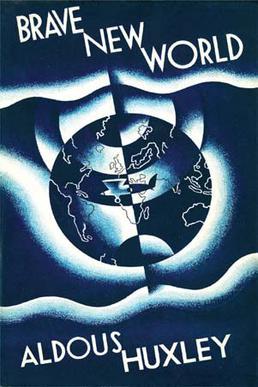Aldous Huxley‘s Brave New World, first published in 1932, continues to hold a formidable place in the canon of dystopian literature. Despite the passage of nearly a century, its portrayal of a meticulously engineered society raises enduring questions about the intersection of technology, individuality, and state control. The novel’s chilling foresight into the potential ramifications of unchecked scientific advancement and societal manipulation resonates with contemporary audiences, prompting reflection on modern parallels. This article explores the elements that contribute to the novel’s enduring impact, examining how its themes of dehumanization, loss of autonomy, and the commodification of happiness remain profoundly relevant in today’s world. Through an analytical lens, we delve into the mechanisms Huxley employs to construct his unsettling vision of the future, and why it continues to provoke thought and unease among readers and scholars alike.
Exploring the Dark Vision of Technological Control
In Aldous Huxley’s masterful narrative, the future is not a place of overt oppression, but one of subtle manipulation and control. The society depicted in the novel is engineered to maintain stability through the sacrifice of individuality, creativity, and critical thinking. Huxley illustrates a world where technology is not merely a tool but a mechanism of domination, ensuring compliance through pleasure rather than fear. This chilling vision challenges the notion of progress, urging readers to consider the potential cost of sacrificing human depth for technological convenience.
- Conditioned Happiness: Citizens are programmed to accept their roles without question, highlighting the danger of relinquishing personal freedom for the sake of societal harmony.
- Loss of Individuality: The novel portrays a world where the uniqueness of the human spirit is quashed in favor of uniformity, raising concerns about the homogenizing effects of technology.
- Suppression of Dissent: By controlling thought and behavior through drugs and entertainment, Huxley presents a society where true rebellion is impossible, painting a stark picture of a future where technology serves as a tool for maintaining the status quo.
Through these elements, Huxley’s work remains a potent cautionary tale, compelling us to reflect on our own world, where the line between technological advancement and control grows ever thinner. The enduring relevance of this dystopian narrative lies in its ability to evoke a critical examination of the ethical boundaries we set in our pursuit of technological progress.

The Role of Conditioning and Its Impact on Free Will
In Aldous Huxley’s dystopian vision, conditioning serves as a pivotal mechanism in shaping individuals, stripping away the essence of free will. From birth, citizens are subjected to an array of psychological manipulations designed to mold their preferences, desires, and ultimately, their identities. This is achieved through techniques like hypnopaedia, or sleep-teaching, which instills societal norms and behaviors into the subconscious minds of the populace. The process is so ingrained that personal choice becomes an illusion, with individuals unknowingly tethered to predetermined roles and expectations.
- Loss of Individuality: The relentless conditioning ensures conformity, erasing personal ambitions and unique traits.
- Manipulated Desires: Preferences and aversions are engineered, leaving little room for genuine self-discovery.
- Societal Stability: While maintaining order, this system stifles innovation and critical thought.
These elements of conditioning highlight a chilling aspect of Huxley’s world: the eradication of free will in favor of a meticulously controlled society. The novel serves as a stark reminder of the potential consequences when autonomy is sacrificed for stability, prompting readers to reflect on the delicate balance between societal control and individual freedom.

The Loss of Individuality in a Conformist Society
In Aldous Huxley’s haunting narrative, the erosion of personal identity is not just a backdrop but a central theme that resonates with chilling accuracy. The society depicted in “Brave New World” is meticulously designed to suppress individuality in favor of a homogenized collective identity. Citizens are conditioned from birth to conform to the expectations of their predetermined castes, eliminating any semblance of personal choice or freedom. The concept of individuality is not merely discouraged but is seen as a threat to the stability and harmony of the society. This manufactured uniformity is achieved through several means:
- Genetic Engineering: From the outset, individuals are biologically engineered to fit specific roles, ensuring that personal aspirations do not interfere with societal functions.
- Psychological Conditioning: Techniques such as hypnopaedia instill societal norms and expectations, effectively erasing personal desires and fostering conformity.
- Social Pressure: The society employs a system of rewards and punishments to reinforce collective behaviors, making deviation from the norm both undesirable and uncomfortable.
These mechanisms underscore a profound loss of individuality, portraying a world where the unique qualities of human nature are sacrificed at the altar of social stability. Huxley’s vision serves as a stark reminder of the potential consequences of unchecked technological and ideological control, prompting readers to reflect on the value of individuality in our own increasingly conformist world.

Analyzing the Relevance of Brave New World in Todays World
In a world where technological advancements and societal norms are rapidly evolving, Aldous Huxley’s Brave New World remains a critical lens through which to examine our current trajectory. Huxley’s depiction of a society obsessed with consumerism, instant gratification, and state-controlled happiness eerily mirrors contemporary issues. The novel’s portrayal of a populace numbed by pleasure and distracted by superficial entertainment raises essential questions about the potential consequences of unchecked technological and social progress. It challenges us to reflect on the balance between technological convenience and personal autonomy, and the potential erosion of critical thinking in the face of overwhelming information.
- Consumer Culture: The book’s emphasis on a society driven by consumption and materialism is increasingly relevant today, where consumerism often dictates lifestyle and happiness.
- Technological Control: With the rise of AI, surveillance, and data collection, the novel’s theme of technology as a means of control resonates deeply.
- Loss of Individuality: Huxley’s vision of a homogenized society serves as a cautionary tale about the loss of individual identity in the pursuit of societal conformity.
By examining these themes, Brave New World encourages readers to question the sustainability of our current societal values and the potential costs of prioritizing convenience over individuality and freedom.
